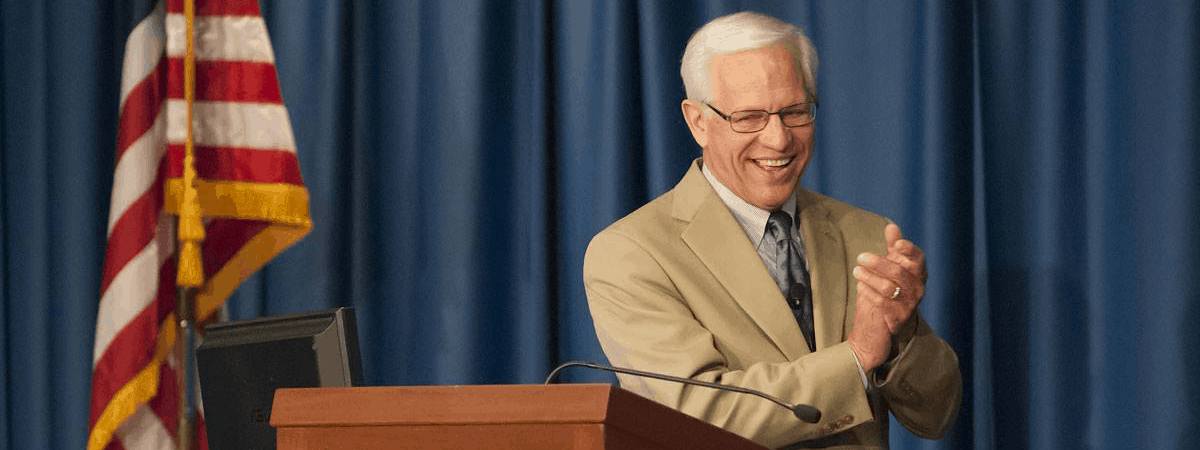


Former BSU President Bob Kustra’s recent commentary spoke of “[t]aking back Idaho from its fringe politics.” Kustra took aim at legislators he deems extreme and the Idaho Freedom Foundation.
Kustra’s examples of fringe politics included: Questioning the science behind the public health district’s mask mandates; supporting legislation that banned biological males from competing in female sports; and, not supporting the liberal narrative on the social justice, diversity, and inclusion agenda.
It’s hard to believe Kustra was once a Republican lieutenant governor — of Illinois — before he came to Idaho.
Kustra is annoyed about “Idaho’s growing reputation as a right-wing nirvana for conservatives fleeing California and other states.” He should have named Illinois, which is consistently a top state that people are fleeing from. Did it ever occur to Kustra that people are leaving states like Illinois because they don’t much care for Kustra’s brand of politics?
The former BSU president used his commentary to highlight a repeated theme of his: Conservatives have disrupted “the Idaho Political Consensus.” Apparently this consensus was a politically palatable version of conservatism, acceptable to Bob Kustra. Kustra is not so much interested in defending a political consensus as he is in defining it.
Kustra attacked the Idaho Freedom Foundation because IFF points out during his 15-year tenure as BSU president, tuition increased 137% while the Consumer Price Index only increased 37%. During the latter part of his BSU tenure, fewer than one-third of undergraduates completed their degree in four years, less than half did so in six years.
IFF has also pointed out, after Kustra retired comfortably on his pension, he signed a $77,000, 12-month contract to be senior host of BSU Public Radio — for a once a week., 30-minute radio slot.
Perhaps these examples illustrate why Kustra considers even modest reform at the legislature to be extreme, after all, he never reformed the way BSU operated. Kustra expanded staff faster than enrollment grew and drove expenses upward at more than twice the rate, per student, of the Consumer Price Index. His parting gift: He promoted the adoption of the radical social justice agenda, which now includes mandatory introductory courses that seek to indoctrinate mushy-minded BSU freshmen.
What must really bother Kustra is that conservatives in the Legislature and IFF actually examine his record, something that never occurred during the “Idaho Political Consensus” years. During that time, Kustra never expected to have to freeze tuition (which finally happened in 2020) and he felt comfortable enough to push BSU leftward. In 2008 BSU hired its first Director of Diversity and Inclusion, Francisco Salinas, who made his mark smearing Professor Scott Yenor — for defending the traditional family. For this, Salinas compared Yenor to Neo-Nazis.
When Kustra yearns for a return to an “Idaho Political Consensus,” he’s fondly reminiscing about when he could operate BSU without the kind of scrutiny he and his ilk have brought upon that institution with their assured arrogance and inability to directly engage reasonable criticism.


